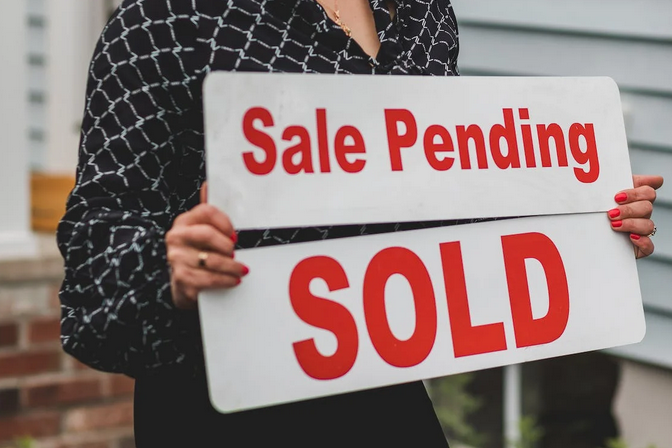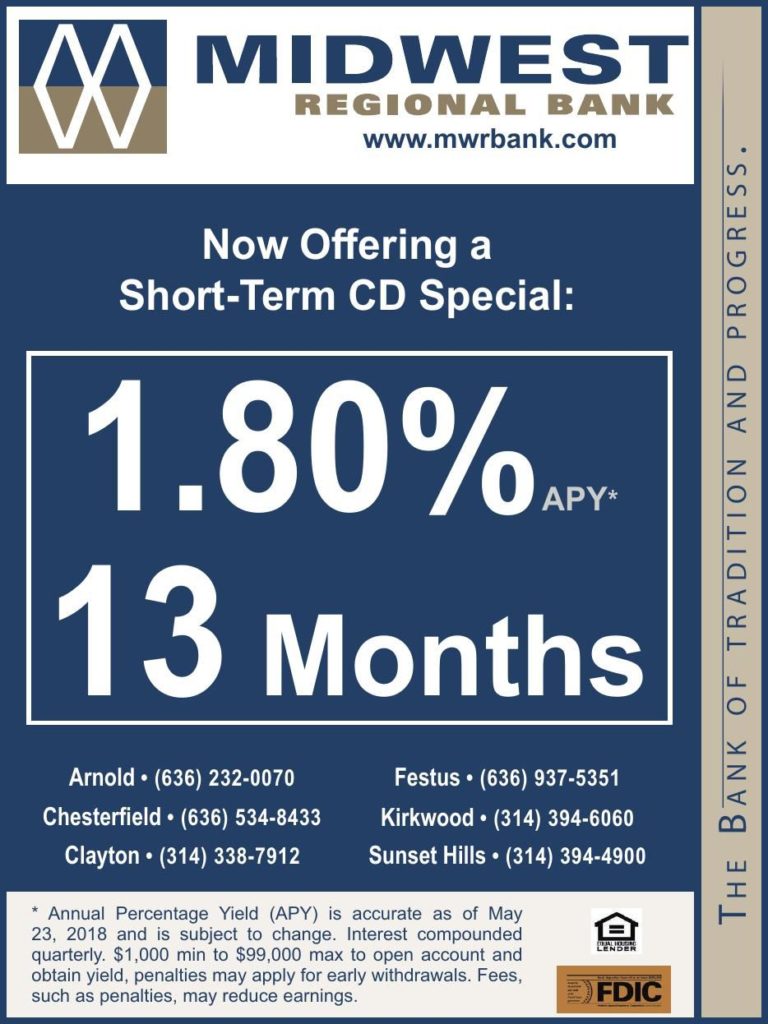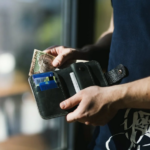Many people actually find buying and selling fire-damaged homes quite profitable. Buying or selling a fire damaged home is not without financial strategic planning. But have you ever wondered how they perceive the value and risks associated with purchasing a property that has been affected by fire?
That said, the process of buying and selling these homes is not without its challenges. In order to be successful in this market, it is important to understand the economic psychology behind the decision-making process of buyers and sellers. In the following article, we will discuss everything you need to know about buying and selling fire-damaged homes.
Perceived Risk and Value

The extent of the damage, structural integrity, and potential hidden issues can all contribute to perceived risk. Buyers may worry about the safety of the property or the possibility of lingering smoke or water damage. On the other hand, these properties often come with such a lower price tag compared to their undamaged counterparts.
This affordability factor can be enticing for buyers looking for a bargain or those who have limited budgets. However, this perceived value must be weighed against any additional costs that may arise from necessary repairs or renovations. Buyers also need to consider their tolerance for uncertainty when evaluating the perceived risk versus value proposition. Some individuals might feel comfortable taking on a project and investing in repairs themselves. Others may prefer move-in ready homes without any uncertainties looming over them.
Emotional Impact of Fire Damage
For homeowners who have experienced a fire, there is often a sense of loss and grief. Their once beloved home has been transformed into a shell of its former self. Memories are attached to every corner, making it difficult to let go. Sellers may feel overwhelmed by feelings of guilt or sadness as they navigate the process of selling their damaged property. On the flip side, buyers may be hesitant about purchasing a fire-damaged home due to concerns about safety and potential hidden issues. They might worry about lingering smoke odor or unseen structural damage that could cost them repairs down the line.
Potential for Bargaining
 When it comes to buying and selling fire-damaged homes, one aspect that cannot be overlooked is the potential for bargaining. Fire damage can significantly reduce the value of a property, making it an attractive option for those looking to strike a deal. Buyers who are willing to take on the challenge of renovating a fire-damaged home often see the potential in turning it into their dream space. They understand that with some time and investment, they can transform what was once damaged into something beautiful. This understanding puts buyers in a unique position to negotiate on price. Sellers may be more pushed to sell quickly due to the stigma attached to fire-damaged properties and, therefore, may be open to accepting lower offers.
When it comes to buying and selling fire-damaged homes, one aspect that cannot be overlooked is the potential for bargaining. Fire damage can significantly reduce the value of a property, making it an attractive option for those looking to strike a deal. Buyers who are willing to take on the challenge of renovating a fire-damaged home often see the potential in turning it into their dream space. They understand that with some time and investment, they can transform what was once damaged into something beautiful. This understanding puts buyers in a unique position to negotiate on price. Sellers may be more pushed to sell quickly due to the stigma attached to fire-damaged properties and, therefore, may be open to accepting lower offers.
Future Concerns and Resale Value
One of the main concerns for buyers is whether they will be able to recoup their investment when they decide to sell in the future. Fire damage can significantly impact a home’s resale value, as potential buyers may perceive it as a risky purchase. They may worry about hidden structural issues or lingering smoke odors that could affect their quality of life or make it difficult to resell later on. The location of the property also plays a crucial role in determining its future prospects.
Buying or selling a fire-damaged home requires careful consideration of financial implications alongside emotional factors. It is crucial for sellers to present their damaged properties in the best possible light while being transparent about their history. Similarly, buyers must conduct thorough inspections before committing to a purchase.







